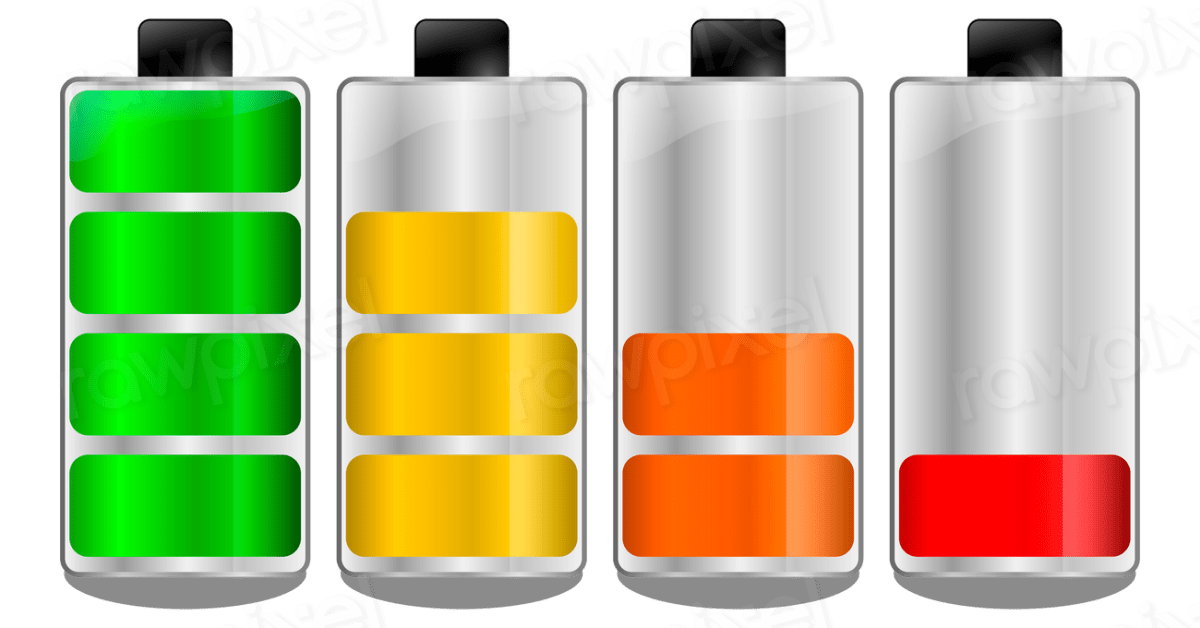Enhancing Lithium-Metal Battery Performance
Researchers at Stanford University have made a significant breakthrough in extending the lifespan of lithium-metal batteries used in electric vehicles (EVs). Their recent study, published in Nature, indicates that allowing these batteries to fully discharge and then rest can considerably enhance their capacity and overall functionality. This discovery is pivotal as it provides a cost-effective and straightforward solution to improve the cycling life of these batteries, which are known for their potential to double the range of EVs but suffer from rapid capacity loss.
Technical Insights and Practical Applications
The research underscores the unique composition and challenges of lithium-metal batteries, which utilize a lithium metal anode instead of the conventional graphite anode found in lithium-ion batteries. This design change enables them to hold significantly more energy, making them ideal for EV applications. However, during use, lithium particles can become trapped in the solid electrolyte interphase (SEI), forming a porous matrix that reduces efficiency. The Stanford team’s approach—discharging the battery fully to dissolve the SEI matrix and reconnect inactive lithium—shows that these batteries’ lost capacity can be effectively restored, enhancing their practical usability in EVs.
Real-World Implications and Future Directions
This study’s findings are not just scientifically significant but also highly relevant for real-world applications. By integrating the discharge and rest strategy into the battery management systems of EVs, manufacturers can significantly enhance the performance and longevity of lithium-metal batteries. This method, requiring minimal changes to existing technology, could revolutionize how we manage EV batteries, making electric vehicles more reliable and appealing to a broader market. The potential for widespread application in EVs promises not only to improve vehicle performance but also to contribute to the advancement of sustainable transportation technologies.
